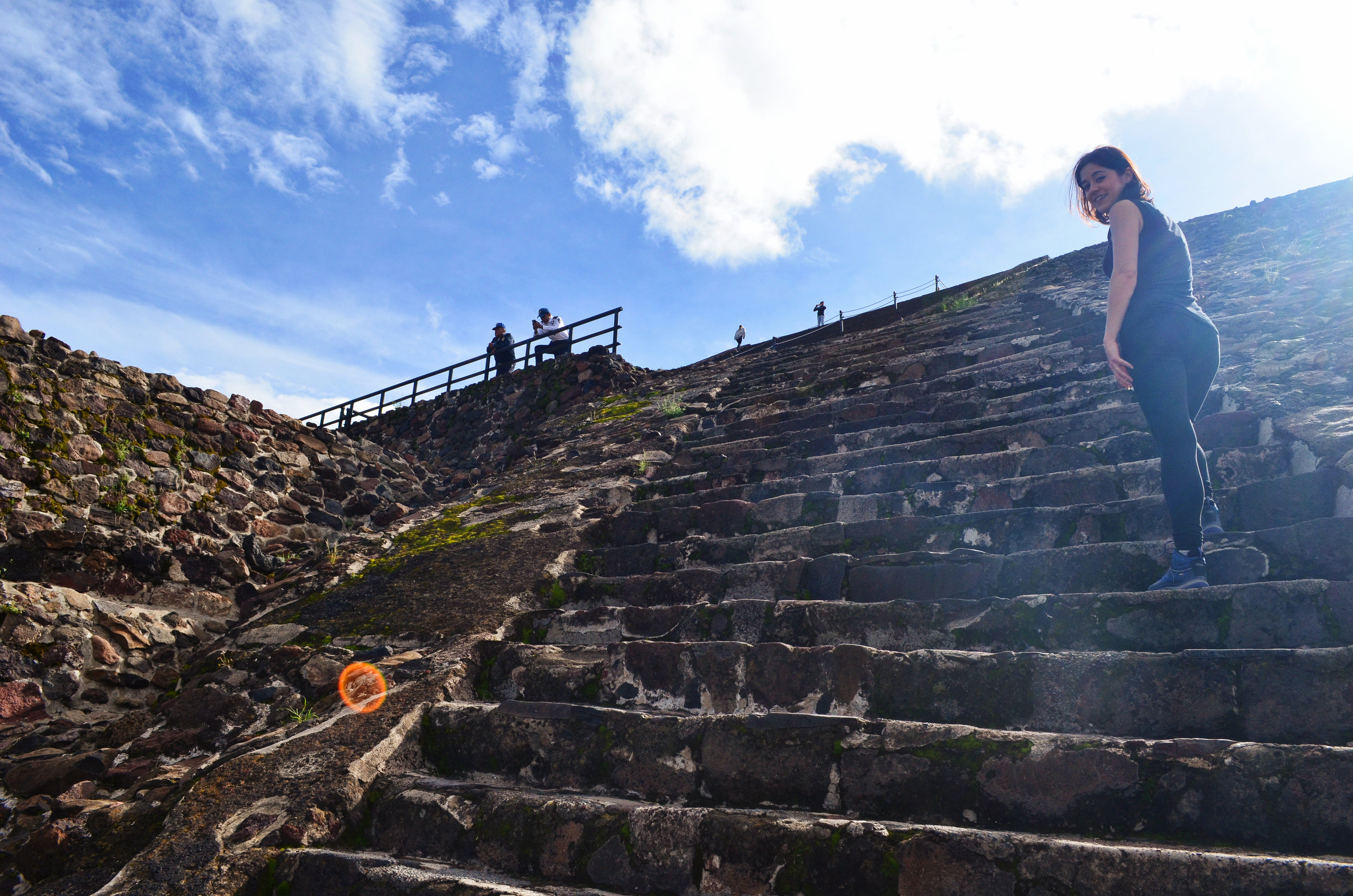Hope for the best, plan for the worst: The lowdown on travel insurance
When we first started getting serious about backpacking Latin America, we didn't give much thought to travel insurance. It was something we knew we'd have to look at eventually, but it definitely wasn't the most exciting part of trip planning.
As our departure date got closer, we started doing more research. It became apparent that travel insurance was (a) really important and (b) a potentially significant expense. Looking back, it would have probably been more helpful to factor travel insurance into our plans from the outset. In this post, we'll try to save you a lot of trouble by cutting through some of the noise and giving you the straight facts.
The basic idea of travel insurance is pretty simple: if your trip gets canceled or cut short; or if you get injured; or if your stuff gets stolen; or if there's a family emergency back home; or [insert some other unanticipated and undesirable situation] — then you'll get reimbursed for those expenses. As we'll discuss below, it's important to think through each of the categories (and the reimbursement limits) covered by different plans.
There are lots of companies that sell travel insurance, and most of them offer different packages with various features. The key thing we realized, however, is that most of these plans are intended for "normal travelers." A "normal traveler" is someone who isn't planning to live abroad for an extended period of time and has a definitive return date. Think "businessperson who travels for work" or "family that goes on a cruise for a couple of weeks."
As long-term backpackers potentially involved in some riskier activities like scuba diving, volcano boarding, and mountain climbing, we did not fall in the category of "normal travelers." For one, we don't have a specific return date. And even if we did, the total length of our trip would be more than a year. Insurance companies like Allianz told us they couldn't sell us a plan without having a return ticket within a year of the departure date.
From the best we can tell, World Nomads is the only company designed to meet the needs of people like us. (Disclaimer: fortunately, as of this writing, we have not had to file any claims through any travel insurance company. So although we have a policy with World Nomads, we can't fully vouch for them.)
Some of the features that set World Nomads apart from other travel insurance companies are:
- You can buy coverage once you're on the road. We bought ours before we left (barely) because we wanted to be covered in the event that something happened before we left and needed to cancel our trip (e.g., a medical emergency that would prevent us from travelling), but it's great to have the flexibility to purchase it at any point of your trip.
- You can buy more coverage as you travel. As travelers who don't know our exact end date of this trip, being able to purchase coverage for months as we go allows us to make sure we are covered for our entire trip, but not more than the time we're actually travelling.
- They cover hundreds of activities we want to do along our trip. Most other travel insurance companies will cover higher-risk activities like scuba diving for an additional cost, but World Nomads covers many of the activities that adventure backpackers do as part of their basic plan. No one wants to turn down things like zip-lining or horseback riding because their insurance won't cover an emergency should one arise.
- You don't need a return ticket. We don't know when or from where we'll be returning and every other travel insurance company offered to US citizens and residents requires one.
- You can file a claim online while travelling. We take every measure reasonably possible to protect ourselves and our gear, but if our camera is stolen or if one of us ends up hospitalized for something like an allergic reaction, we can file a claim without having to wait until we return home.
Although we ultimately decided to go with World Nomads, the most confusing part of our research was the vast price differences. Companies like Allianz were initially attractive because their policies seemed dramatically less expensive. The problem, as we mentioned above, is that they require proof of a return ticket for any reimbursements to kick in. And, their policies were much skimpier in many areas that were important to us, like emergency medical evacuation.
Don't wait to buy insurance. As soon as you know the dates of your trip, it's a good idea to get insurance. You're going to buy it at some point anyway (if you have common sense), and if something happens (e.g., a destructive hurricane hits your destination) that prevents you from leaving, you won't recoup any of your losses unless you've bought travel insurance ahead of time.
(Note: This article is written from the perspective of two travelers from the United States; more options are available for citizens of other countries.)
